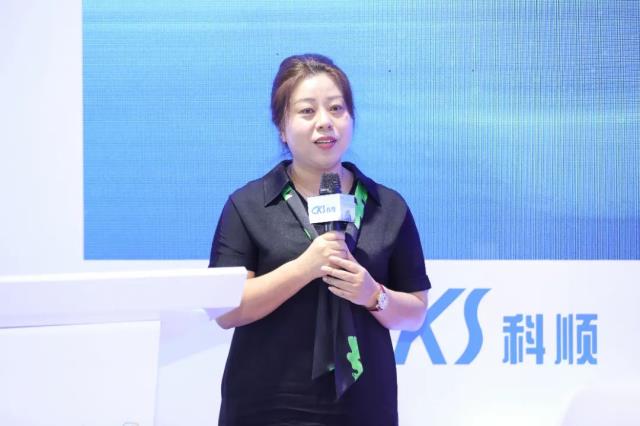北卡莱罗纳州威明顿市有60000多居民的饮用水取自菲尔河。
杜邦及其衍生公司科慕公司的一个生产工厂在这个城市的上游。
这个工厂坐落于菲尔河的旁2000亩的土地上,正是在这个工厂生产这种称为 GenX,生产过程中副产的可能会引进癌症的化合物。
威明顿市居民要求知情这些有毒化合物是否进入城市引用水。
该公司与菲尔河公众事业机构共同进行了一项针对河水中化合物的三年的研究。但是,正如哥伦比亚新闻公司Jericka Duncan报道,这项研究的结果从未让大众知晓,甚至是威明顿市市长 Bill Saffo。
Through initial investigations, Brunswick County has obtained evidence that Chemours and DuPont not only manufactured dangerous perfluorinated chemicals (“PFCs”) at the Fayetteville Works plant in Fayetteville, North Carolina since 1980, but also released PFC chemicals into the Cape Fear River over the span of many years without disclosure. The companies have continued to deposit PFCs into the river as recently as September 2017.
Some 60,000 Wilmington, N.C., residents get their drinking water from the Cape Fear River.
DuPont and its spinoff company Chemours manufacture chemicals at a plant upstream from the city.
The plant is situated on a 2,100-acre property on the Cape Fear River in Fayetteville. It is there where a chemical called GenX -- a potentially cancer-causing substance that is a byproduct of DuPont and Chemours' manufacturing processes -- is produced.
Wilmington residents are demanding to know if those toxic chemicals are making their way downriver into the city's drinking water.
The Cape Fear Public Utility Authority co-authored a three-year study on the chemical's elevated presence in the water. But as CBS News' Jericka Duncan reports, the findings were never made available to the general public -- not even to Wilmington Mayor Bill Saffo.







